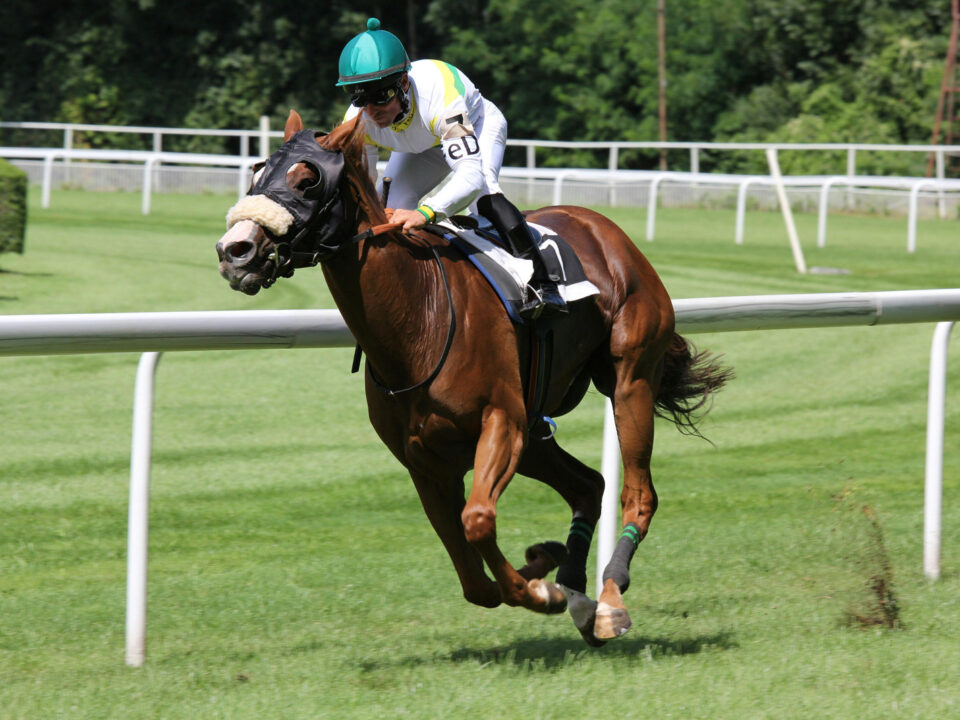
The Artichoke: A Nutritional Powerhouse with Therapeutic Potential
August 30, 2024
Air Pollution and Childhood Brain Development: New Research Reveals Hidden Cognitive Risks
September 4, 2024Innovative Approaches to Memory Improvement in Aging Adults
As people age, particularly after the age of 50, various aspects of cognitive function, including memory, begin to decline. This process has long been considered inevitable. However, recent scientific discoveries offer the possibility of slowing, and perhaps even reversing, memory loss associated with aging. One of the most intriguing studies, involving mice, demonstrated that when the blood of young mice was introduced into older mice, the older ones experienced significant memory improvement. This effect was also seen when spinal fluid from young mice was infused into the brains of older mice. The research suggests that certain molecules found in both blood and spinal fluid are responsible for these improvements in memory, raising the possibility of developing treatments that target these molecules to combat memory loss in humans.
The focus on understanding how aging impacts the brain has intensified in recent years, driven by a growing interest in slowing the effects of aging overall. Although much of the groundbreaking research has been conducted in animals, particularly mice, the findings have opened new pathways for potential treatments in humans. If specific molecules from young blood or spinal fluid can improve memory in older mice, scientists are hopeful that they could eventually develop therapies to slow memory decline in aging humans. While this research is still in its early stages, it points to a future where memory loss is not an inevitable part of aging but something that can be managed or even reversed.
In parallel with these biological studies, researchers have also been exploring the use of electrical stimulation to improve memory. For decades, the results of such experiments have been inconsistent. However, a recent study published in 2022 by Nature Neuroscience brought new hope. The study involved human participants and found that by applying targeted electrical stimulation to specific areas of the brain for 20 minutes a day over four days, significant improvements in both working memory and long-term memory were observed. These improvements lasted for at least a month, offering a promising non-invasive approach to potentially enhancing memory in older adults. Unlike previous studies, this new method did not involve surgery or cause pain, making it a more accessible option for future treatments.
Despite these promising developments, it is important to remain cautious. While the results in mice are impressive and early human trials with electrical stimulation show potential, much more research is needed to confirm these findings. Larger studies must be conducted to determine whether these effects are sustainable over the long term and to ensure there are no adverse side effects. Nonetheless, these discoveries represent a major step forward in understanding the aging brain and offer hope that, in the future, treatments may be available to help maintain or improve memory as we age.
Written by Anthony L Komaroff, MD, Editor in Chief, Harvard Health Letter






